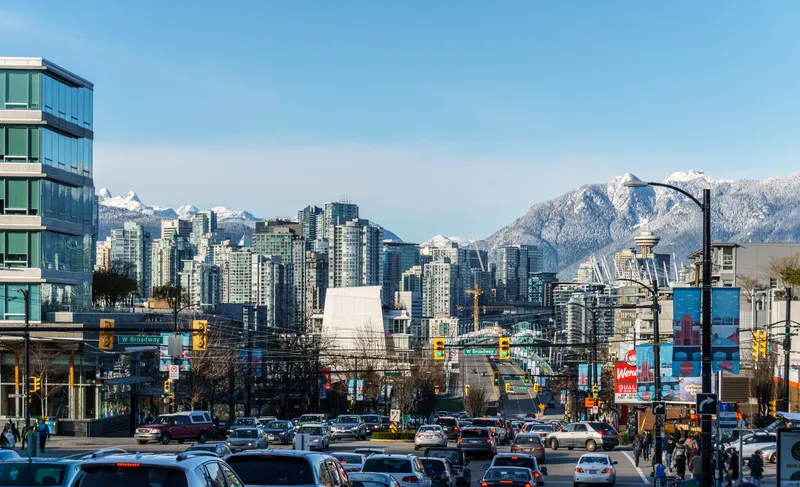
It will pledge NZ$3.8 million of its NZ$7 million Low Emission Vehicle Contestable Fund (LEVCF) while successful applicants will contribute a total of NZ$12m.
LEVCF offers co-funding each year to projects that encourage the uptake of electric and low emission vehicles. Successful applicants receive as much as 50% of their project costs from the fund and must subsidise the rest themselves.
Megan Woods, energy and resources minister says: “Transport is the biggest opportunity we have in the energy sector to reduce greenhouse gas emissions. This government is committed to taking action on climate change and transitioning to a low-carbon economy.”
The funding will allow projects such as Foodstuffs and ChargeNet to install public fast chargers at supermarkets, enable Cityhop to purchase 50 electric vehicles for its car-sharing service and help Northpower trial Vehicle to Grid technology at residential addresses.
The next round of the LEVCF is open for applications on 19 March. It will include support for publicly available secure electric bike storage facilities.








